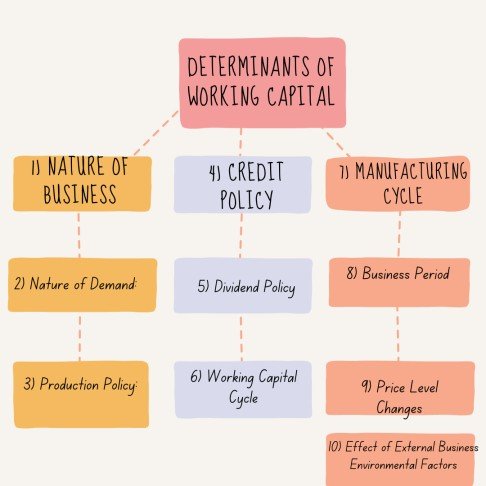Unsystematic Risk- Types of Risk
Unsystematic Risk. also known as “diversifiable risk,” as it can be managed and controlled, unlike “systematic risk.” which is difficult to manage and control as it is widespread and covers the entire system. The unsystematic risk may be specific to an industry or company and is caused by one or more of the following: 1) … Read more






